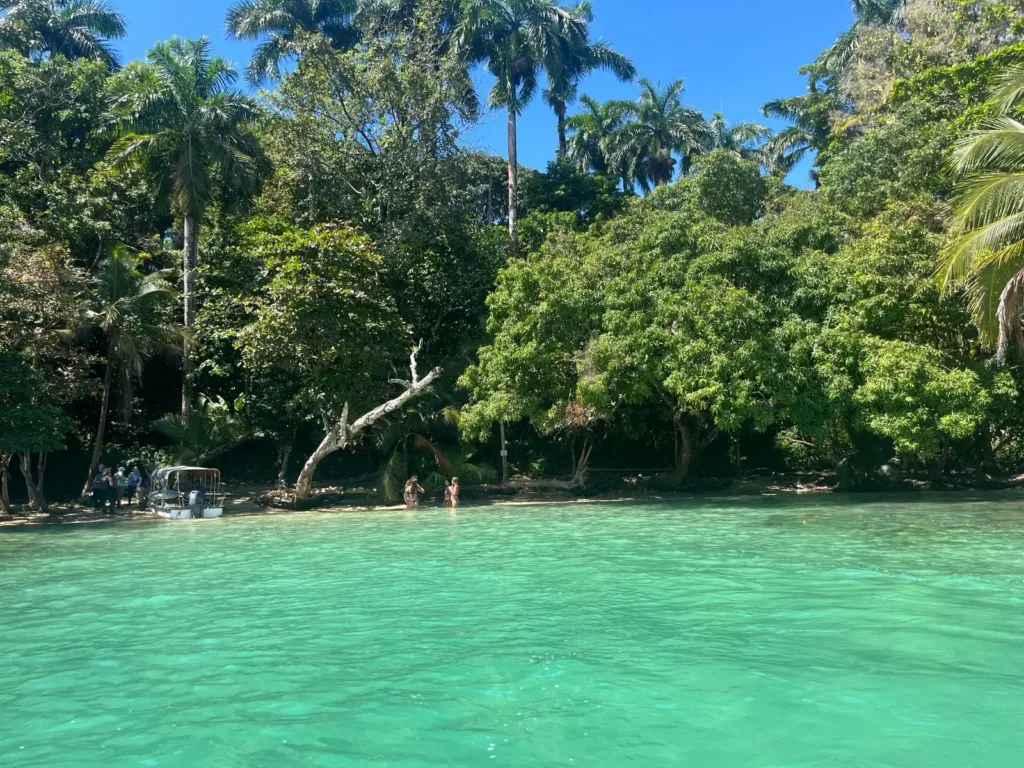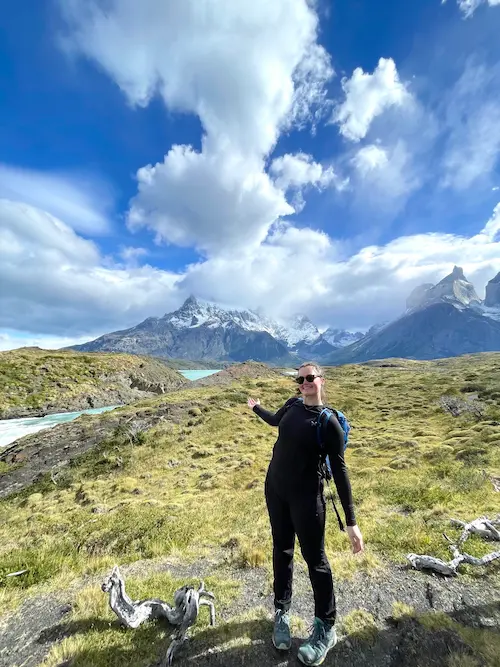Homestay in a Floating Village
It’s not everyday you wake up on a floating village. But today, in Prek Toal on the Tonle Sap Biosphere Reserve, we did just that. Following a long day identifying and counting endangered water birds along the lake, we had the opportunity to spend an evening with a local family. These homestays were arranged in partnership with a local NGO called Osmose. Osmose is an organization that works in Prek Toal, primarily to conserve endangered water birds and their nesting sites. But they have since expanded their work into a number of tourist and educational outreach programs in the Prek Toal floating village.
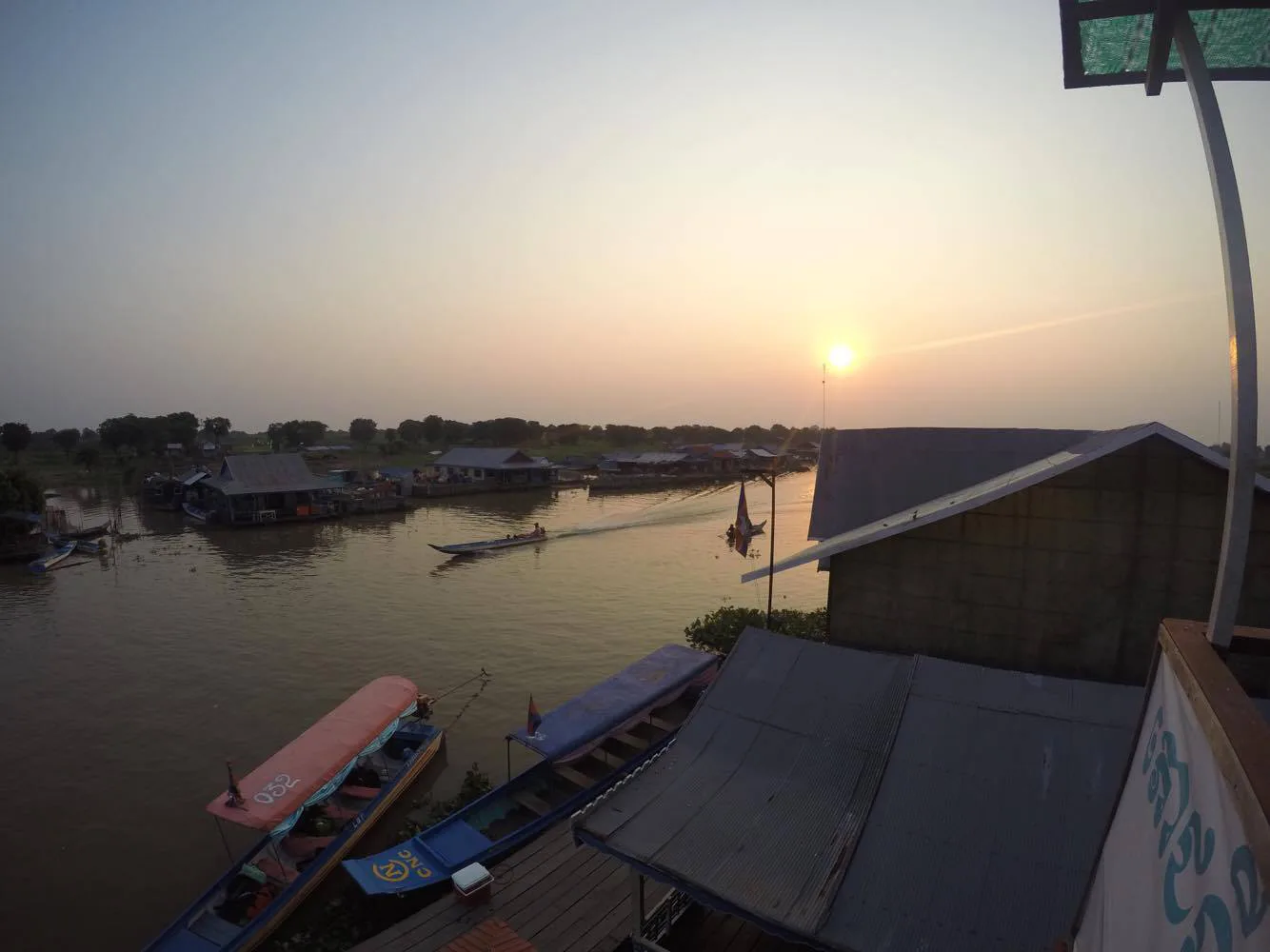
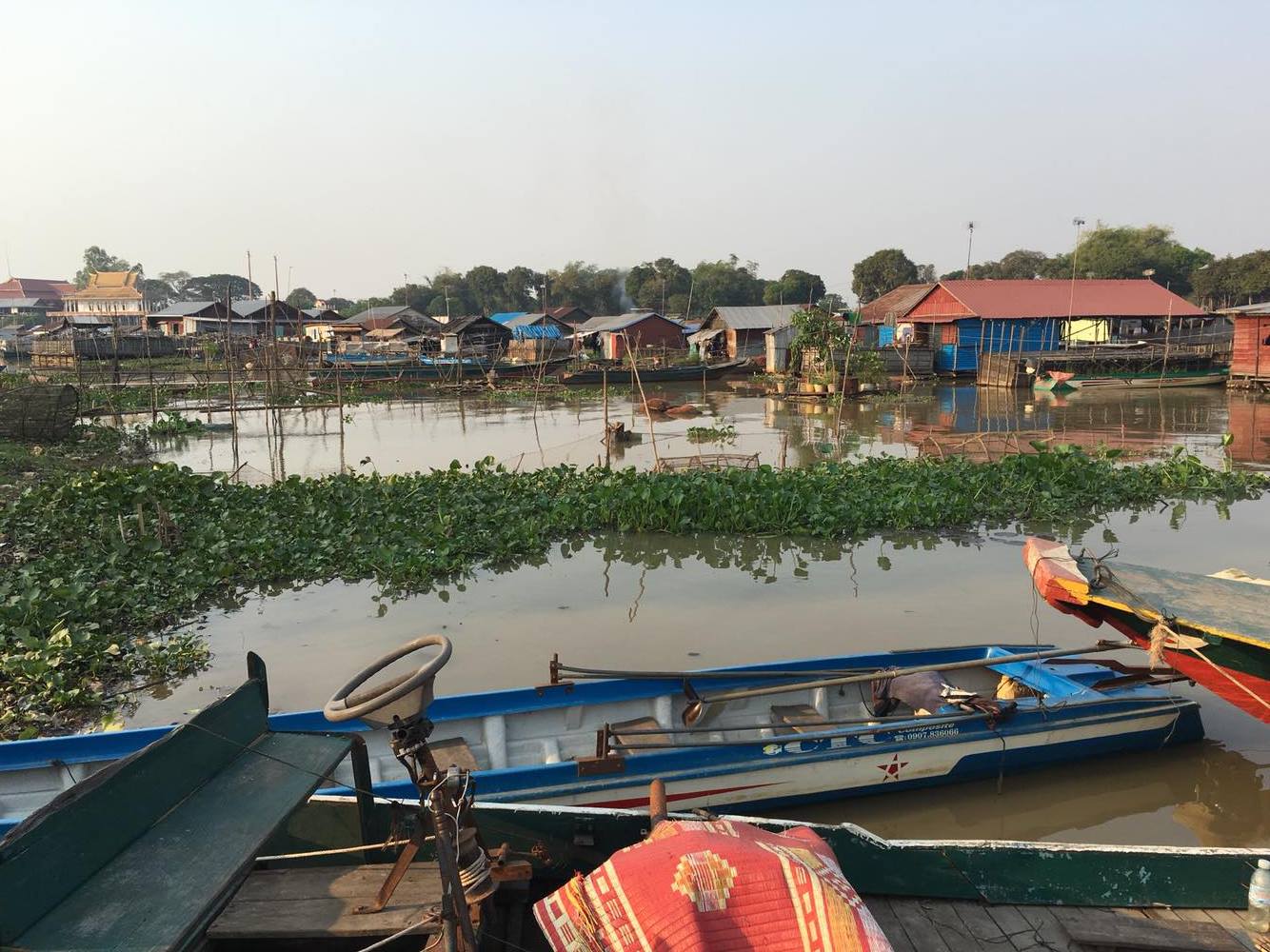
One of their main programs is the organization of homestays for tourists within the floating homes of several local families. The families then get to share in the profit from the homestay bookings. After dinner we all hopped into our motorboats and headed out to various floating homes in the village for the night. Our homestay family, a woman and her three children welcomed us warmly into their home. They had mattresses with mosquito nets set up just for us. Before bed, we even had a chance to interview our hostess about her family’s livelihood on the lake.
Like many people on the lake, her family’s main source of income comes from her husband’s fishing. However, she told us that recent changes in the duration of the wet and dry season has resulted in less fish being caught, and a smaller catch in general. But she was very positive despite this. I had been somewhat skeptical of the idea of a tourist homestay because I was worried these families simply agreed to host us because the NGO wanted them to, or that in some ways we might be exploiting these families by attempting to experience their “authentic homes”. However, as we talked to her we learned that she felt very blessed to be able to run the homestay, in part because it meant that when fishing was not going well they had extra income and also because it was income that she directly produced. It was empowering for her that she was able to add to the family’s income just as her husband did with the fish. This was also incredibly important to her because she was working on sending all of her children to school so that they could one day go on to have better jobs than she and her husband. She stressed to us that the children couldn’t help with fishing or other work at home because their education was the priority.
After learning all about our homestay family, the woman casually mentioned that she also raised crocodiles. We had heard rumors that many homestay families raised crocodiles, but as our boat approached that evening it was impossible to tell if there were fish in the pen or crocodiles. But she soon confirmed that she had not 1, but 53 full-sized crocodiles living next door. After our host mom wished us sweet dreams and we braved the surprisingly refreshing bucket showers, we slept soundly in our floating house. Overall everyone had a successful evening in their homestay. A final meeting with the breakfast boat, from which a women served us fresh Cambodian breakfast cakes wrapped in banana leaves, was the icing on the cake… in this case the pumpkin coconut dessert cake.
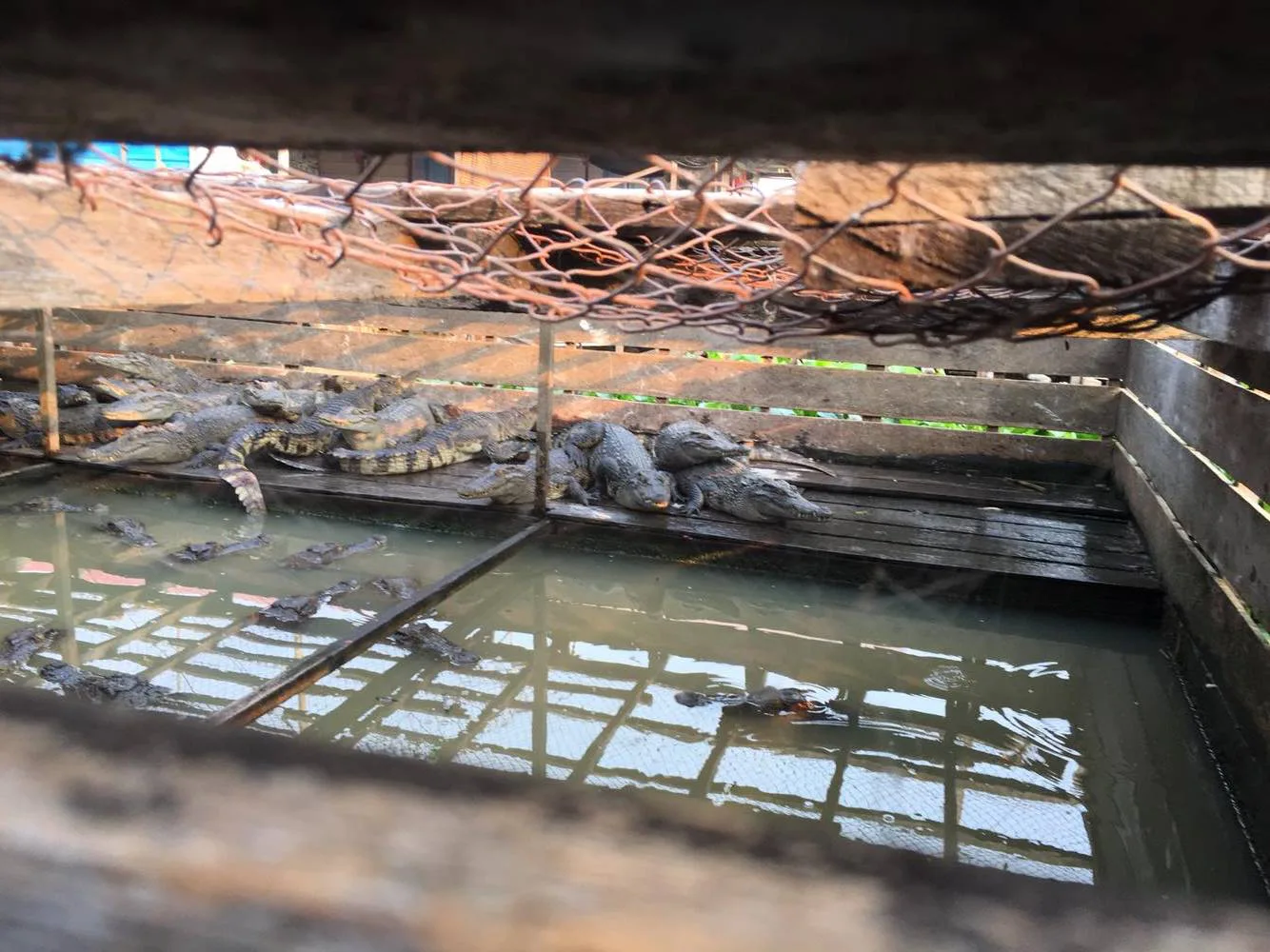
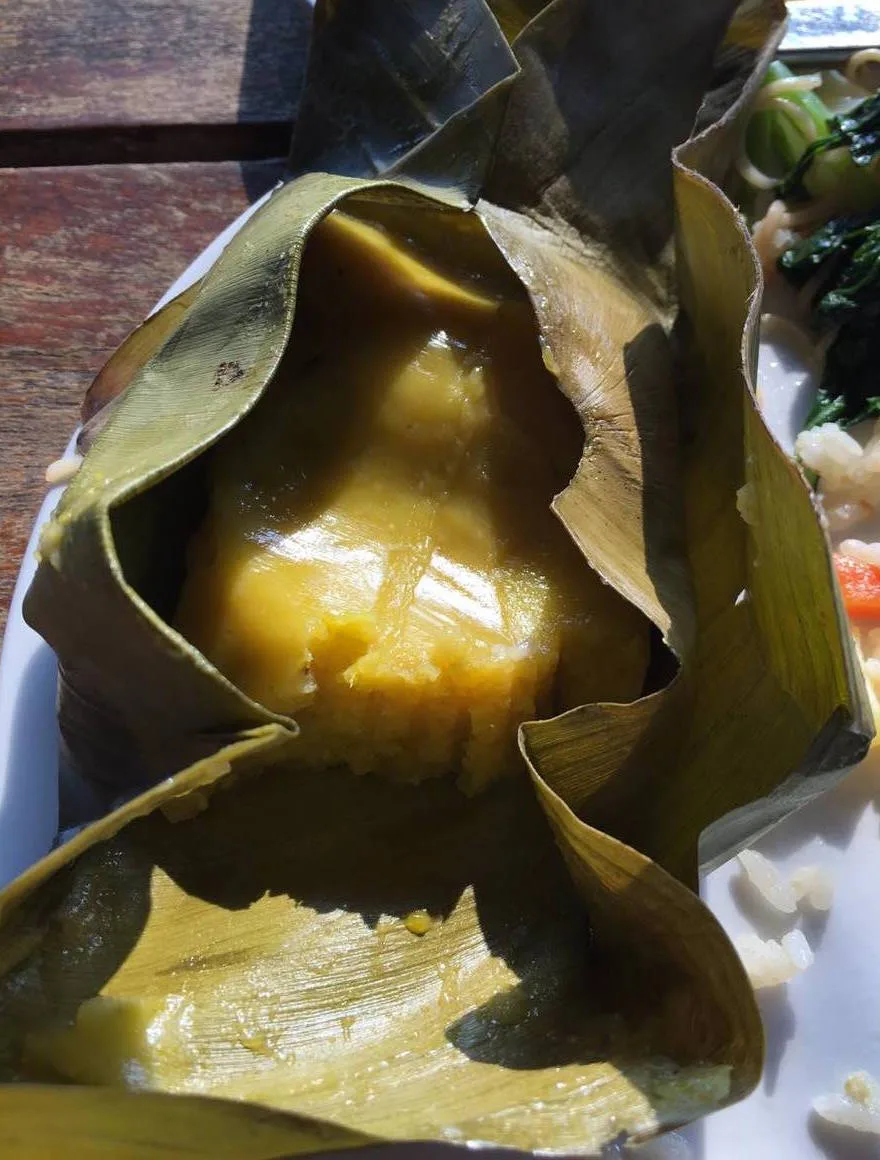
→ River Ecosystems & Environmental Ethics Semester Program in Cambodia
Related Posts

